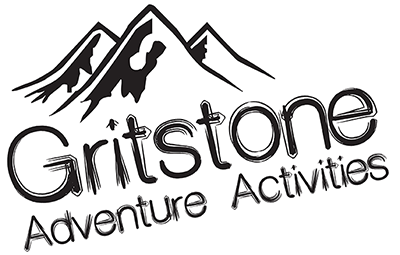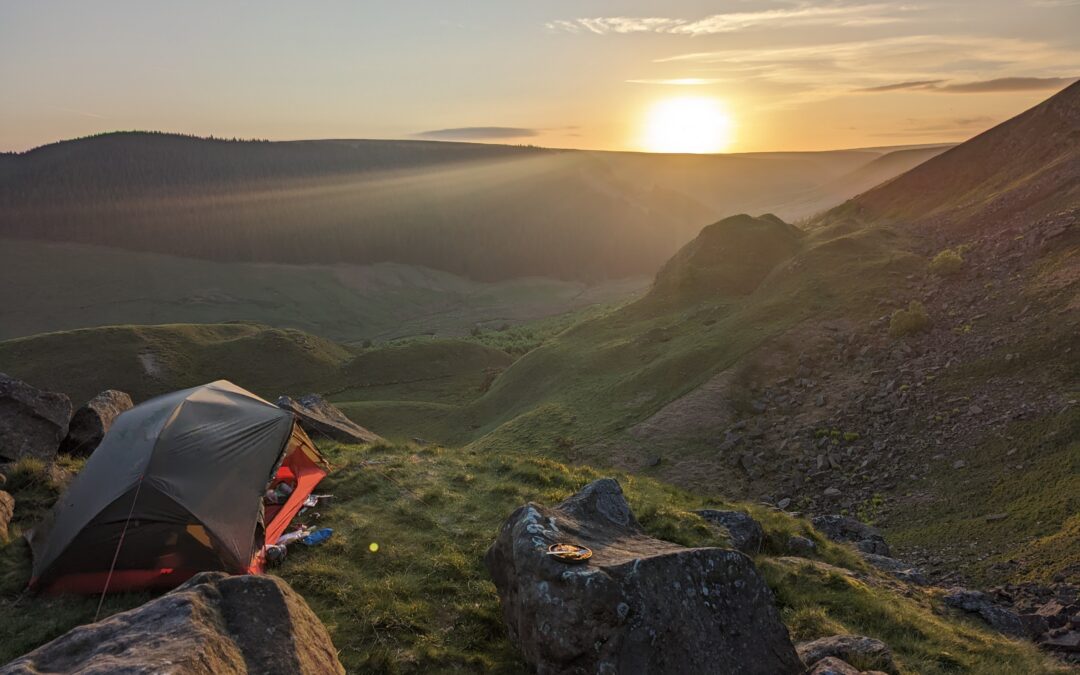Freedom. Isn’t this what we all crave? And by freedom I don’t mean in the political sense, I mean freedom to roam and explore our own land; our own wilderness. Many don’t associate our small island with wilderness, people think of wilderness as being in far flung countries; desert, mountains and the like. But if we take some time explore our national parks, really explore them, our open spaces seem to become bigger and wilder as we explore more. We can do this by hillwalking of course and hillwalking is a wonderful way to spend the day and appreciate what we have. With hillwalking, however, we are always passing through. Sure, we can stop with a flask and sandwich, take some time and soak it up. However, to really appreciate the wild, it’s better to live in it for a short while. Putting up a tent and staying the night is living wild, even just for one night. By stopping and making a temporary home in the wild we can really begin to soak it up; watch the toing and froing of wildlife, see the arc of the sun casting ever changing shadows and listen; really listen. Wild camping, of course is the best way to do this. Sending multiple nights wild camping really makes the real world, the world of concrete and tarmac, melt away into the background. Living simply too, with just the basics in life; food, shelter and a warm sleeping back allows us to discard the clutter of modern life, take it back to basics. By spending time with just what you need to stay comfortable clears the mind and allows us to focus on what’s important in life. This is what wild camping brings and it’s the ultimate natural mental health care.
If we are going to talk about wild camping we need to talk about legalities. In England the only place you can officially legally wild camp is on Dartmoor in the South West. Even then, a landowner managed to ban it on a certain area of the moor – thankfully this ban was overturned in court, you can read more about that here.
So how do we do we wild camp if it’s not legal? Well in the rest of England wild caping is tolerated in national parks as long as it’s done responsibly and discreetly. This means camping away from the road and out of sight. It also means leaving no trace; no litter, no disposable BBQ use and only leaving a flattened patch of grass behind. Trespass is a civil offence meaning that even if you are approached by a landowner, they can’t physically move you on and you can’t be arrested by police for it (not that the police patrol the hills anyway). This however, is academic as in my 20+ years of wild camping I’ve never been approached, or spoked to by any landowner, famer, ranger or anyone else – and this is because I do it responsibly as I’m sure you would too.
So if you are thinking of camping wild, I really recommend it as away to connect with nature and get the best from our beautiful land – just be respectful an above all; leave no trace. Vango have a great article about leave no trace ethics here. Alpkit also have a great article about leave no trace principles here.
Enjoy the wild.

